A new study from Denver has reignited the age-old conversation over a universal basic income. Here are the full details.
The Denver Basic Income Project

Last year, in a move that was welcomed by many, Denver decided to give some no-strings-attached cash directly to homeless people.
Denver’s No-Strings-Attached Cash Experiment
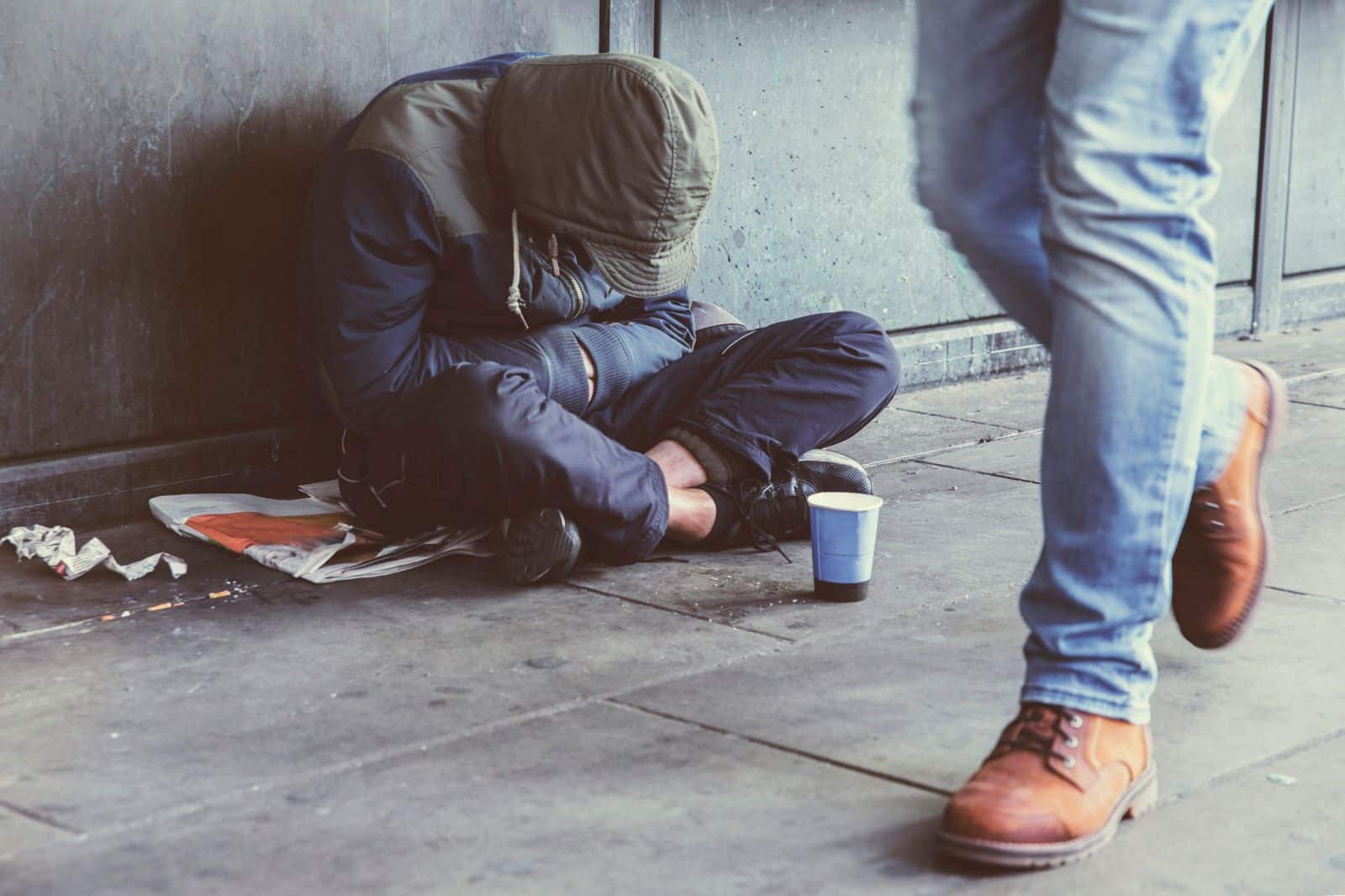
Called the Denver Basic Income Project, this experiment aimed to see if financial help could really turn lives around. The one-year report has just come out, and the results are pretty eye-opening.
Three Distinct Participant Groups
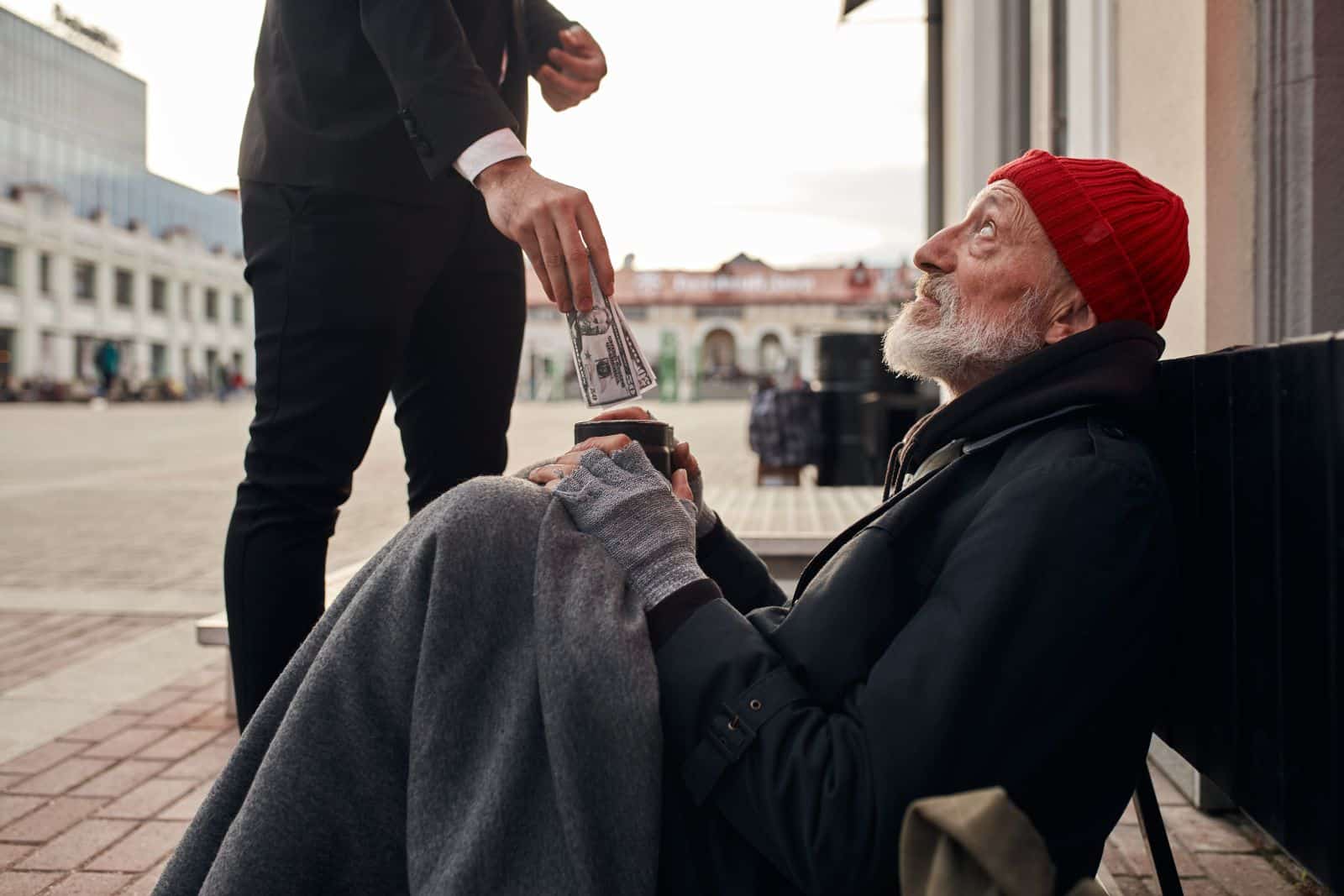
More than 800 homeless people, living on the streets, in shelters, or couch-surfing with friends, got to be part of this experiment. They were split into three groups:
Group A got $1,000 every month for a year.
Group B received $6,500 up front, then $500 each month.
Group C, the control group, got a mere $50 per month.
Impact on Housing Stability

Fast forward ten months and about 45% of participants across all groups had moved into stable housing – a massive improvement.
Significant Reduction in Shelter Stays
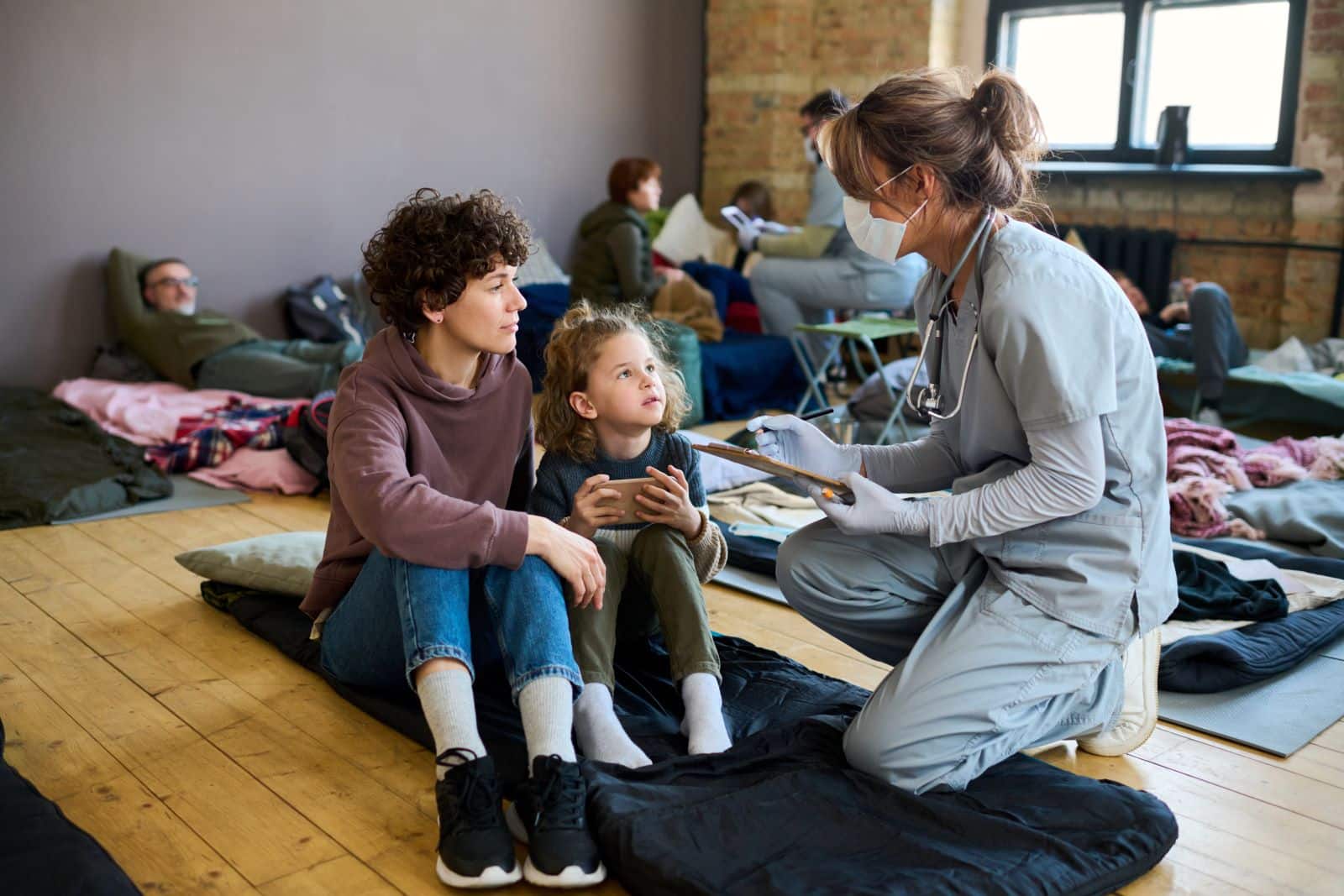
The groups receiving bigger monthly payments or an initial lump sum showed a huge drop in shelter stays and a big jump in full-time employment, unlike the control group – which saw a decline in employment.
Savings in Public Service Costs

Not only did the project help people, but it also saved a lot of public money. Researchers estimate that the city saved $589,214 in public service costs on things like emergency healthcare, jail time, and shelter costs.
Financial Benefits
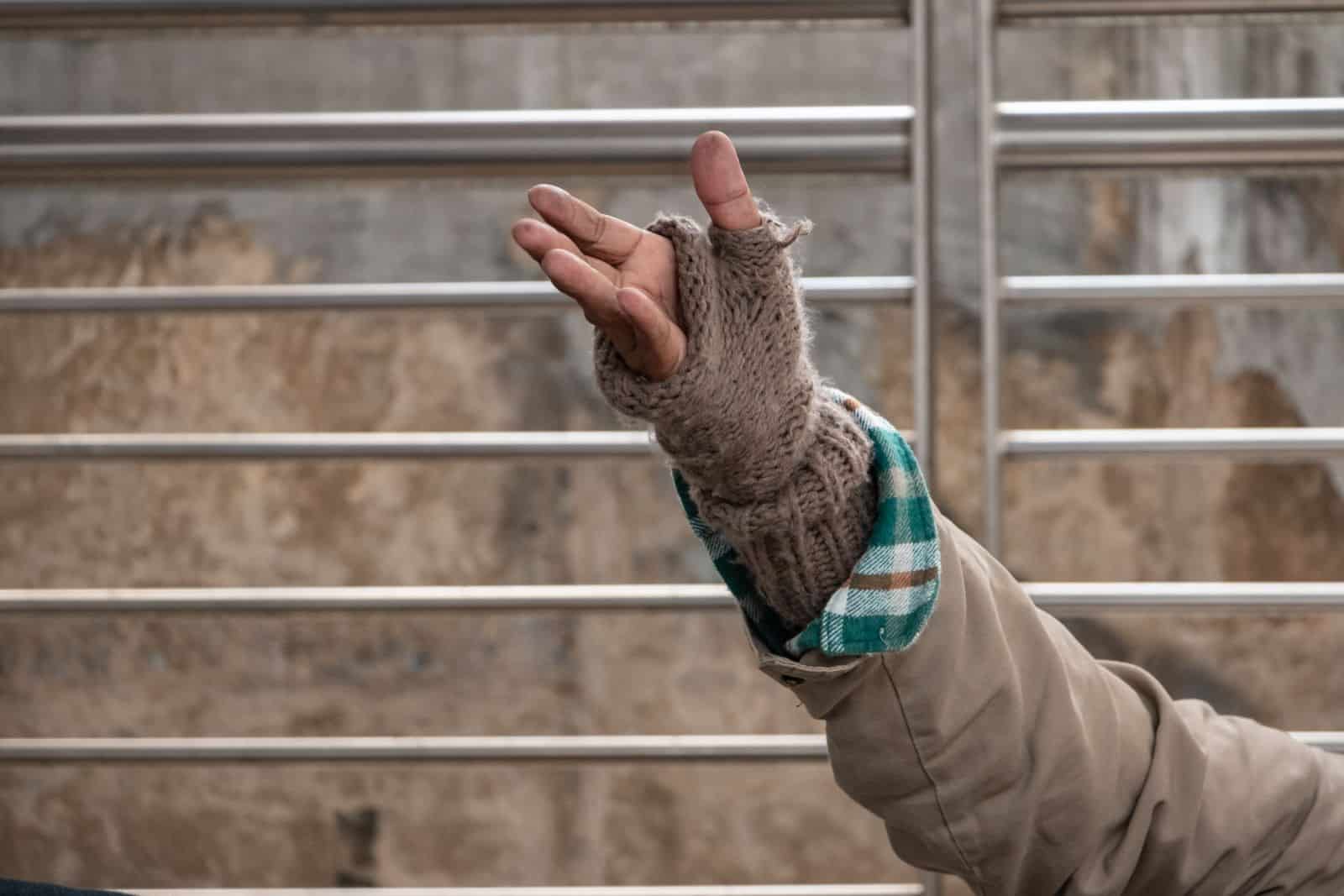
It’s clear that there is some potential for these types of programs to be beneficial for communities in the long run.
Funding Sources

The project was funded by both public and private money, including $1.5 million from The Colorado Trust and $2 million from Denver’s pandemic relief funds. Overall the project cost $9.4 million, but for many it has proven that investing in people can pay off.
Personal Testimonies

One mother, who had been living in her car, shared how the payments helped her buy essentials like hygiene products, child care, and transportation. Now, she’s living with family and feels the payments were a crucial “leg up.”
Personal Transformations

Another participant, a single mother living with her parents, used the cash to secure a job, buy a car, and enroll in school. Thanks to this support, she’s spending more time with her kids and planning to move into her own place.
Challenges Faced During the Project
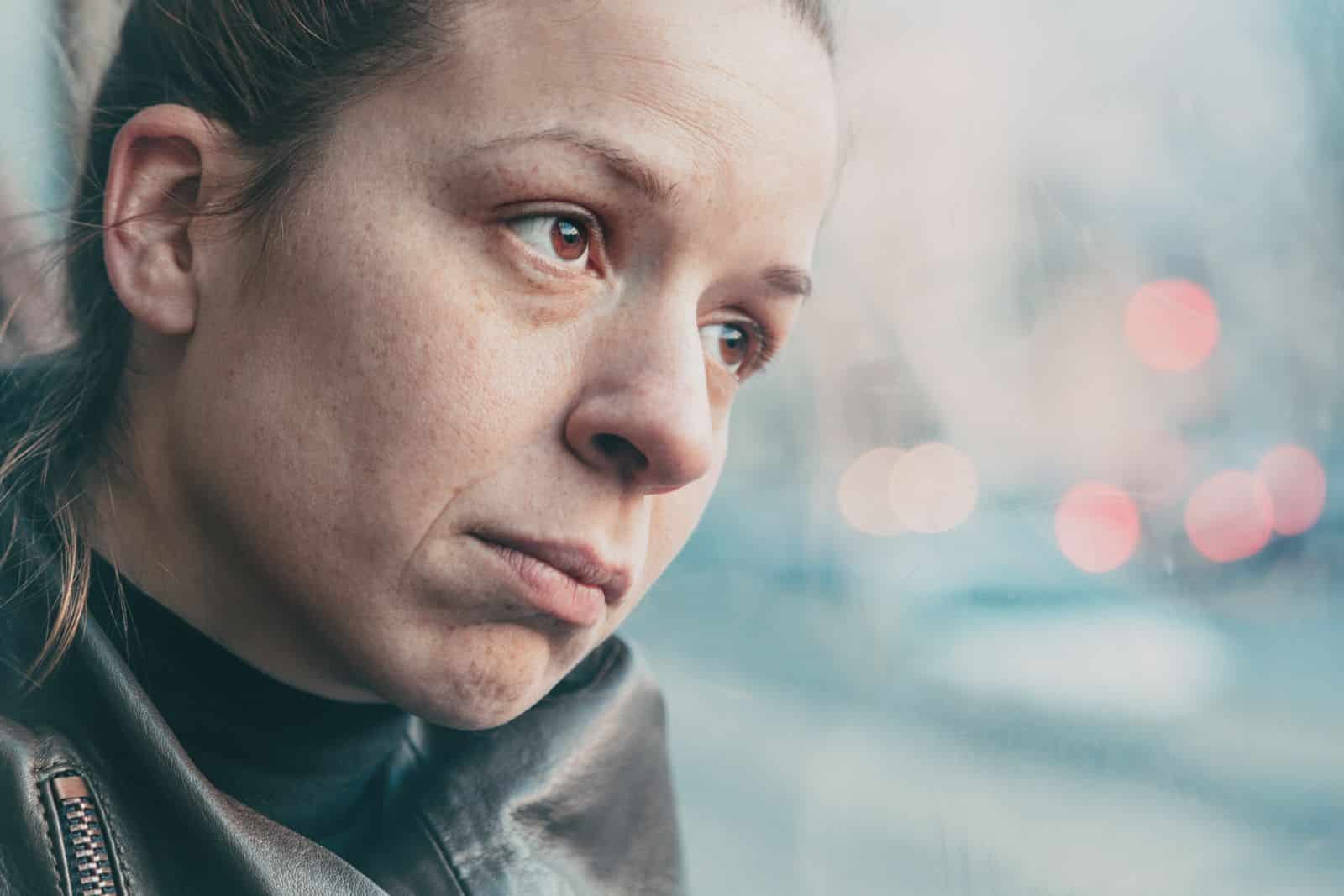
Not everything went perfectly. Survey participation dropped as time went on, and stress and anxiety levels went up – possibly because participants were worried about the payments stopping.
Stable Parental Dynamics

Drug use didn’t change, with participants using illegal substances about the same amount before and after the project. But parents reported less “parental distress,” indicating that the financial support really helped families.
Extension of the Denver Basic Income Project

Thanks to the positive results, the project is being extended for another eight months, with an extra $2 million from the city.
Founder’s Vision for Long-Term Impact

Mark Donovan, the project’s founder, wants to make this permanent. He said, “We believe the first year of the program established a sense of stability for participants, and the second year and beyond is when individuals can experience an even more profound transformation.”
Additional Funding for the Project

Donovan is pushing for more funding, hoping that the success of this project will convince policymakers to support similar programs. He believes that initial financial support can lead to long-term benefits and savings.
Pushing for Permanent Funding

“We aim to persuade policymakers to establish permanent funding streams for programs like ours,” Donovan stated.
Demographic Diversity Among Participants

Participants were diverse: the average age was 44, with ages ranging from 18 to 86. About 34% were white, 27% Black, and 7% Indigenous or Native American
Long-Term Monitoring

As this program continues, its long-term effects will be closely watched. If the trends hold, this experiment could become a model for other cities grappling with homelessness and economic instability.
Future Prospects for Ending Homelessness
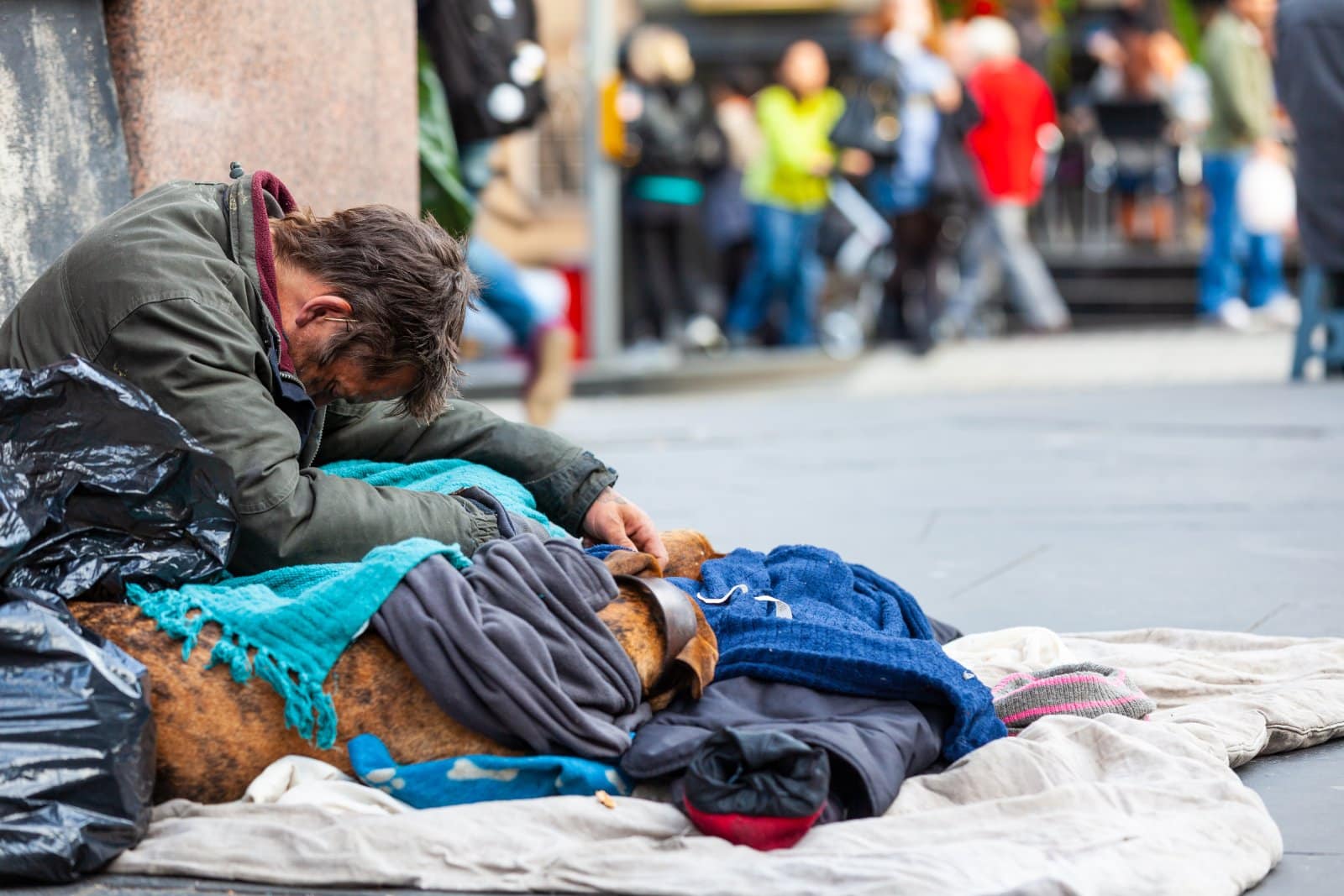
All eyes will be on Denver to see if this idea becomes a permanent solution to homelessness.
Remote No More: 19 Companies Returning to the Office

As the pandemic wanes, companies are recalling remote workers back to the office, sparking debates on fairness, costs, and convenience. However, there are also notable productivity, coworking, and mental health benefits to consider. Feeling the effects of these changes? Remote No More: 19 Companies Returning to the Office
8 Costco Must Buys and 8 to Leave Behind

Ever wandered Costco’s aisles, questioning if that giant jar of pickles is a real bargain? Or debated buying tires where you get your rotisserie chicken? Welcome to the definitive guide to Costco shopping—a journey to save money, prevent regrets, and offer quirky insights into bulk buying. 8 Costco Must Buys and 8 to Leave Behind
23 Reasons Texas Is the Next Big Thing

Texas is becoming a beacon of opportunity, blending cultural heritage with economic growth. From its landscapes to its industries, the Lone Star State offers a dynamic lifestyle. Here are 23 reasons why Texas stands out, attracting entrepreneurs, artists, tech professionals, and families seeking new beginnings. 23 Reasons Texas Is the Next Big Thing
The post $1000 a Month ‘No-Strings-Attached’ to the Homeless Could Be the Answer to Denver’s Homelessness Epidemic first appeared on Liberty & Wealth.
Featured Image Credit: Shutterstock / Ground Picture.
The content of this article is for informational purposes only and does not constitute or replace professional financial advice.

